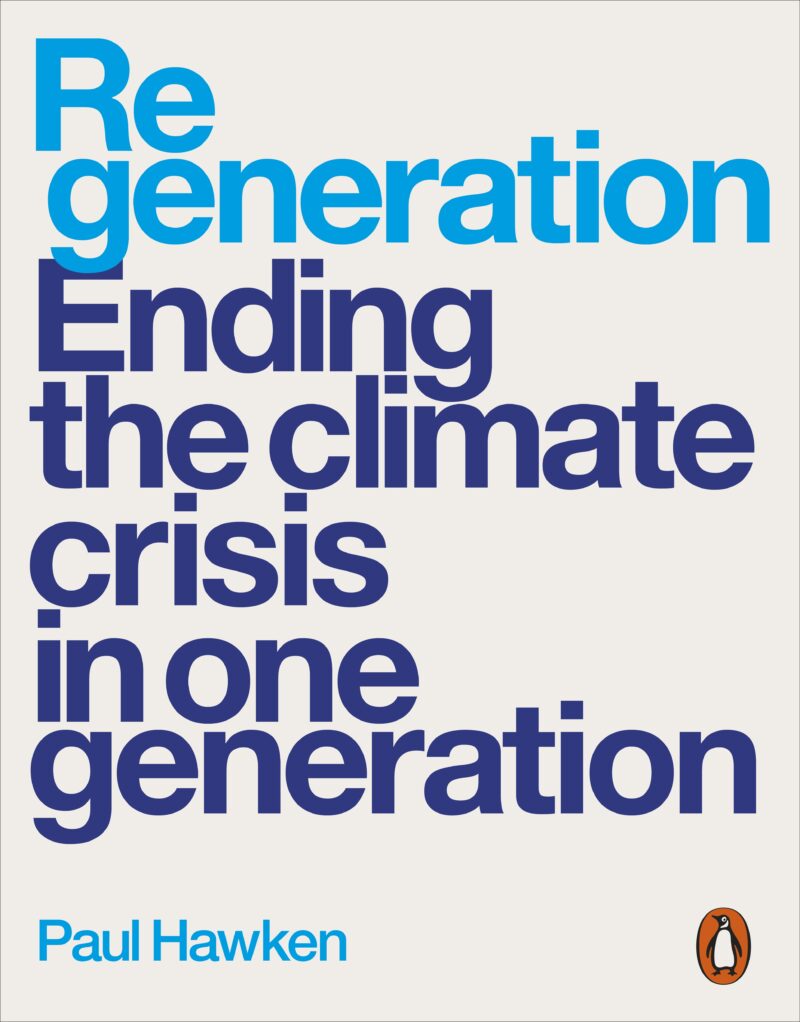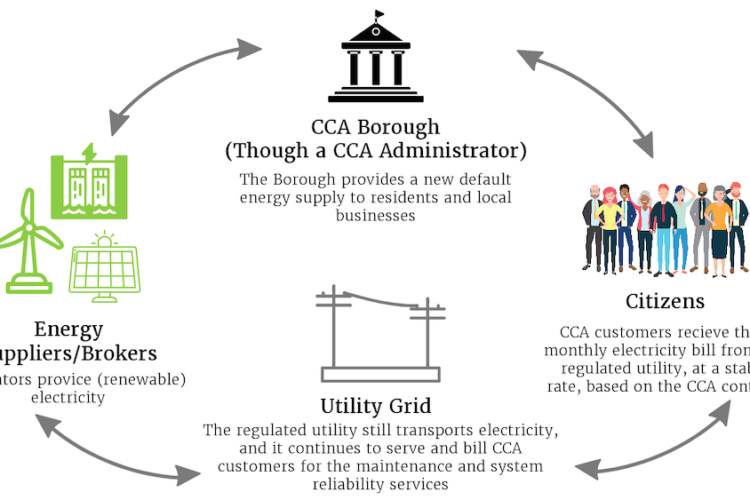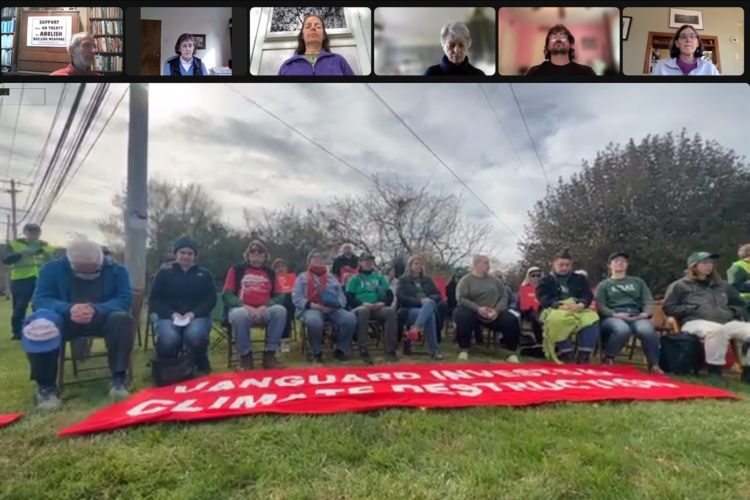Book Review of Paul Hawken’s Regeneration: Ending The Climate Crisis in One Generation

by Ruah Swennerfelt.
Degeneration of land, water, forests, biodiversity, and human health are causes of climate change. And climate change is yet another cause of poverty. Turning this vicious circle to a virtuous one is crucial to addressing the climate crisis.
In 1998, my husband Louis and I represented Quaker Earthcare Witness at the Sustainable Economy Conference in Havana, Cuba, where we met Paul Hawken, one of the main speakers. We’ve been inspired by Paul’s writings and commitment to a sustainable world for many years, and I’m delighted to share about his new book, Regeneration: Ending the Climate Crisis in One Generation.
Regeneration offers an approach to climate change that weaves equity, justice, climate, and biodiversity, instead of focusing only on energy issues. The book was written with six basic frameworks for action, and the first is equity. Paul writes, “This comes first because it encompasses everything. All that needs to be done must be infused by equity.” It might be helpful for us to think of this in everyday terms as basic fairness, certainly evident in our Quaker Testimonies.
Paul writes about the amazing people and organizations who are addressing the problems. The topics illuminated by the book include oceans, forests, wilding, land, people, food, energy, industry, and more. There is something for everyone. If you live in the city, it’s for you. If you live near a forest, it’s for you. If you are a farmer or homesteader, it’s for you. If you want hope, it’s there. If you want to understand how all of life is interconnected, it’s there.
There is a section on “wilding” in the book. One part of that section is about trophic cascades—how the loss of one species (called a keystone species) can have a traumatic effect on all the other species in that biosystem. We learn that, “each ecosystem is a repository of carbon stored above and below ground, systems of life that are unimagined in the full complexity.”
Woven into the fabric of the book is a foreword by Jane Goodall, and many essays by authors, farmers, and Earth activists. This adds to the richness of the book. It’s literary, scientific, inspiring, and informative.
Paul also suggests that we change the purpose of militaries to play a key role in securing our future, because, he says, the climate crisis threatens and undermines the security of everything. He goes on to write: “‘Scientists Recommend These 4 Weapons in our War Against Climate Change’ reads one headline. If we understood what we face, we would not find war a useful metaphor to describe the solution. Global warming is a massive force beyond human comprehension, but it is not the enemy.”
Ruah Swennerfelt is co-clerk of Middlebury Friends Meeting in Vermont and serves on the Earthcare Committee. Before retiring, she served as General Secretary of QEW.


